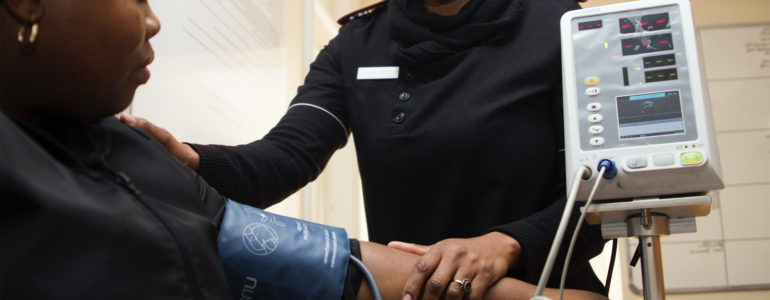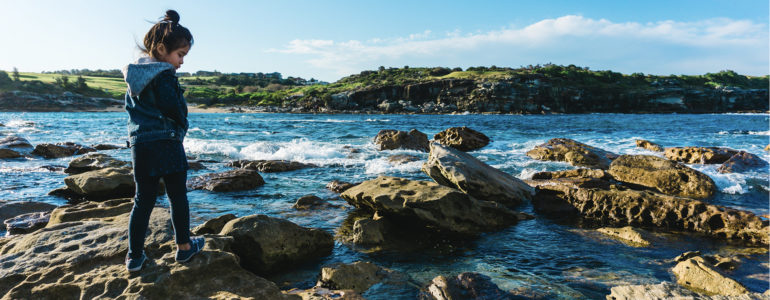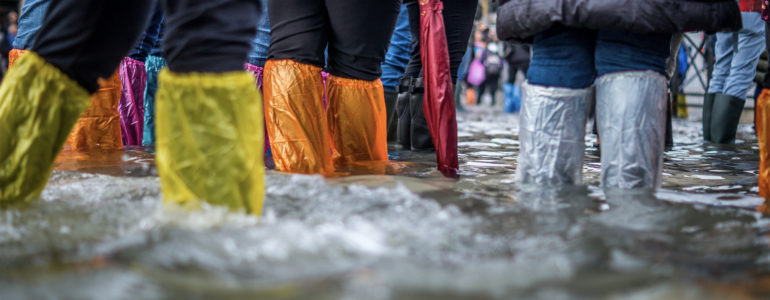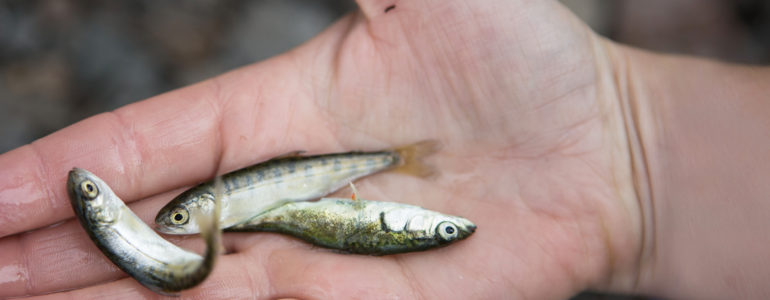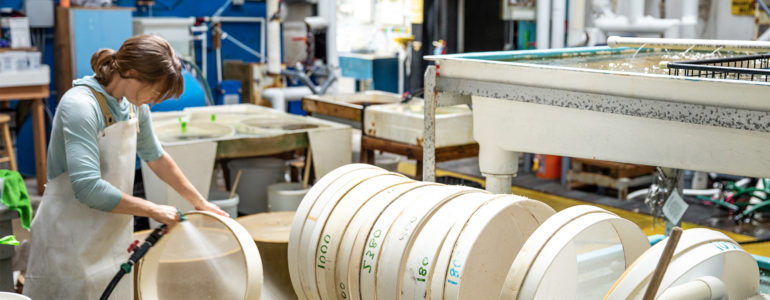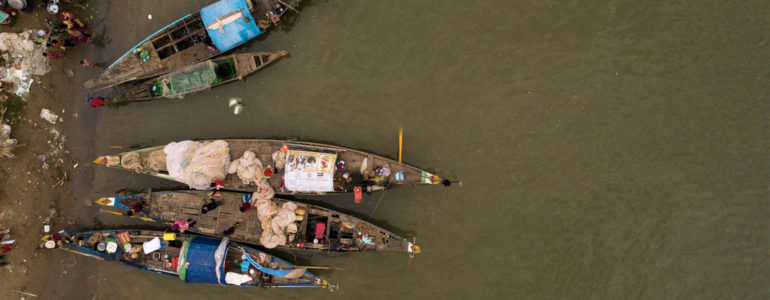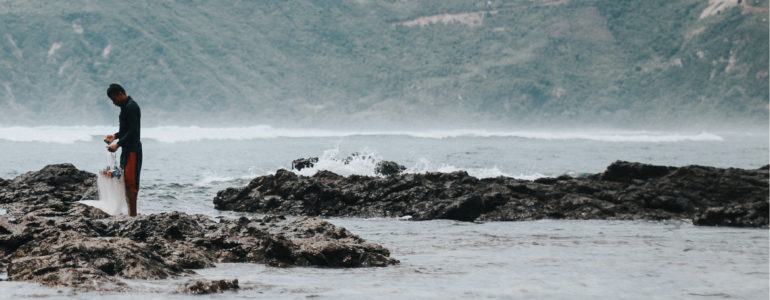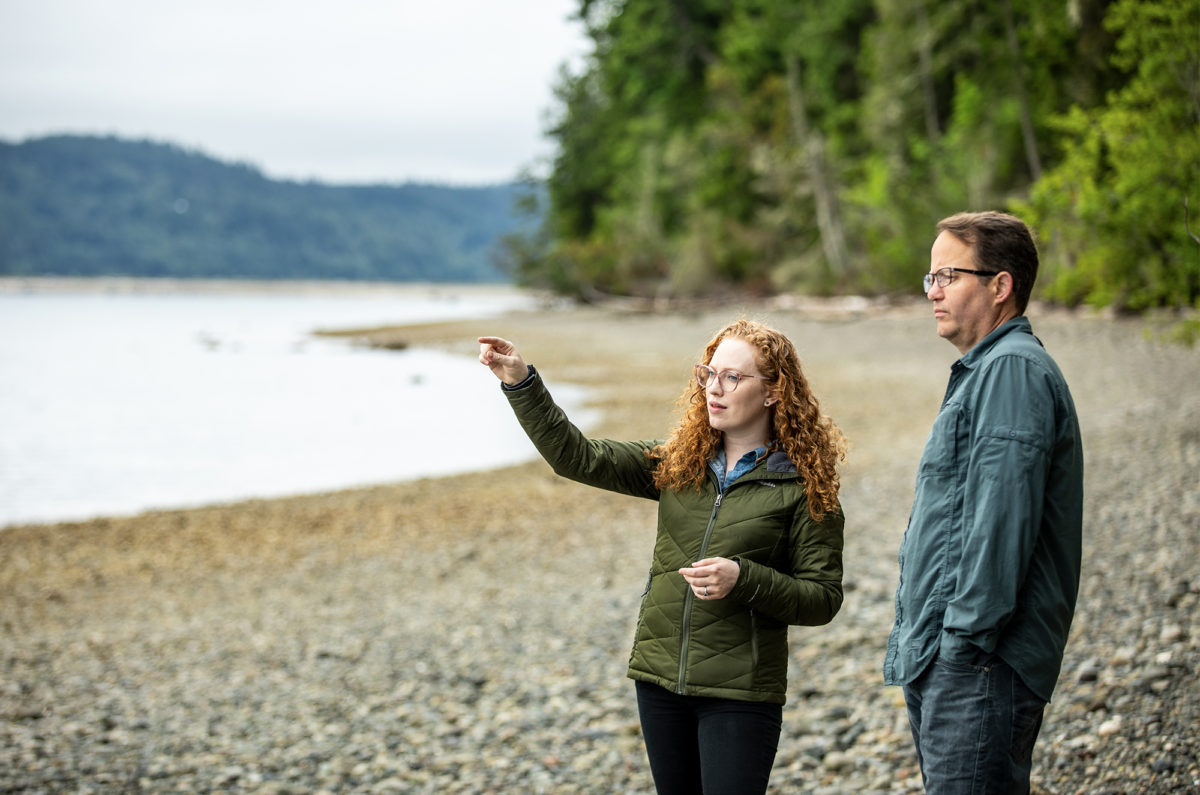Member Organizations
We can’t solve complex environmental problems alone.
EarthLab Member Organizations receive critical technical, operational and/or communications support from EarthLab core staff, which eases administrative loads and allows each organization to focus on what it does best: produce and share top-tier science that leads to more resilient communities in the Northwest and beyond.
EarthLab connects the scientists, staff, and students, and partners in these organizations to come together, share ideas and knowledge, and radically imagine a better future together.
Current Members
Center for Health and the Global Environment
The Center for Health and the Global Environment (CHanGE) brings expertise and resources to partnerships around the world to prioritize health in climate change mitigation and adaptation and to incorporate climate resilience into all health sector activities.
Center for Nature and Health
The Center for Nature and Health is working to accelerate our understanding of the health benefits of spending time in natural spaces and how to apply that knowledge across five key groups—veterans, children, the elderly, healthcare providers and underserved populations. Working closely with our partners, our goal is to help remove numerous health-related barriers, like lowering costs for care, designing better schools and hospitals and reducing disparities in health and well-being.
Climate Impacts Group
Since 1995, the Climate Impacts Group has provided the fundamental scientific understanding, data, tools and guidance needed to help decision makers understand, prepare for and manage local climate impacts.
Northwest Climate Adaptation Science Center
The Department of the Interior Northwest Climate Adaptation Science Center was established to help safeguard the natural and cultural resources of Idaho, Oregon, Washington and surrounding river basins. The Center is a federal-university partnership that produces relevant and accessible science on climate change impacts and adaptation actions for Northwest natural resource managers and policy-makers.
Washington Ocean Acidification Center
The Washington Ocean Acidification Center at UW connects researchers, policymakers, industry and others across Washington to advance the science of ocean acidification and provide a foundation for proactive strategies and policies to protect marine ecosystems and the people that depend on them.
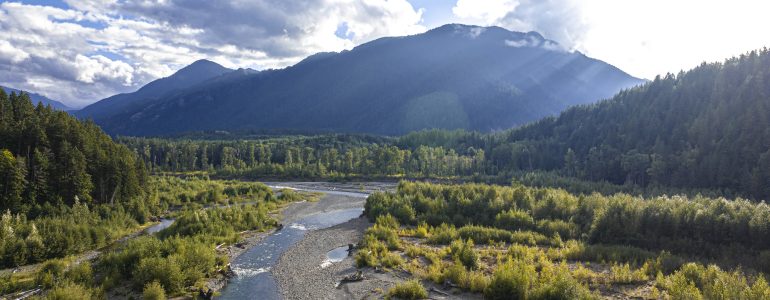
Washington State Climate Office
The Washington State Climate Office is a dedicated team of climate experts specializing in analyzing weather and climate trends within the broader context of climate change. Their work provides critical insights into climate patterns and their implications for the Pacific Northwest.
